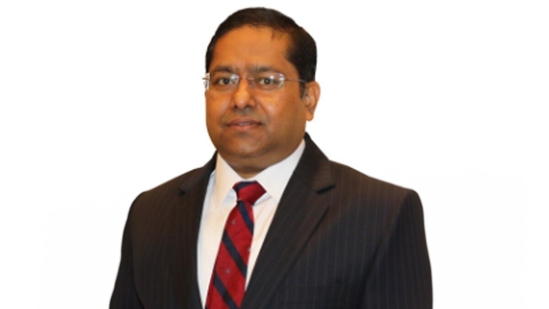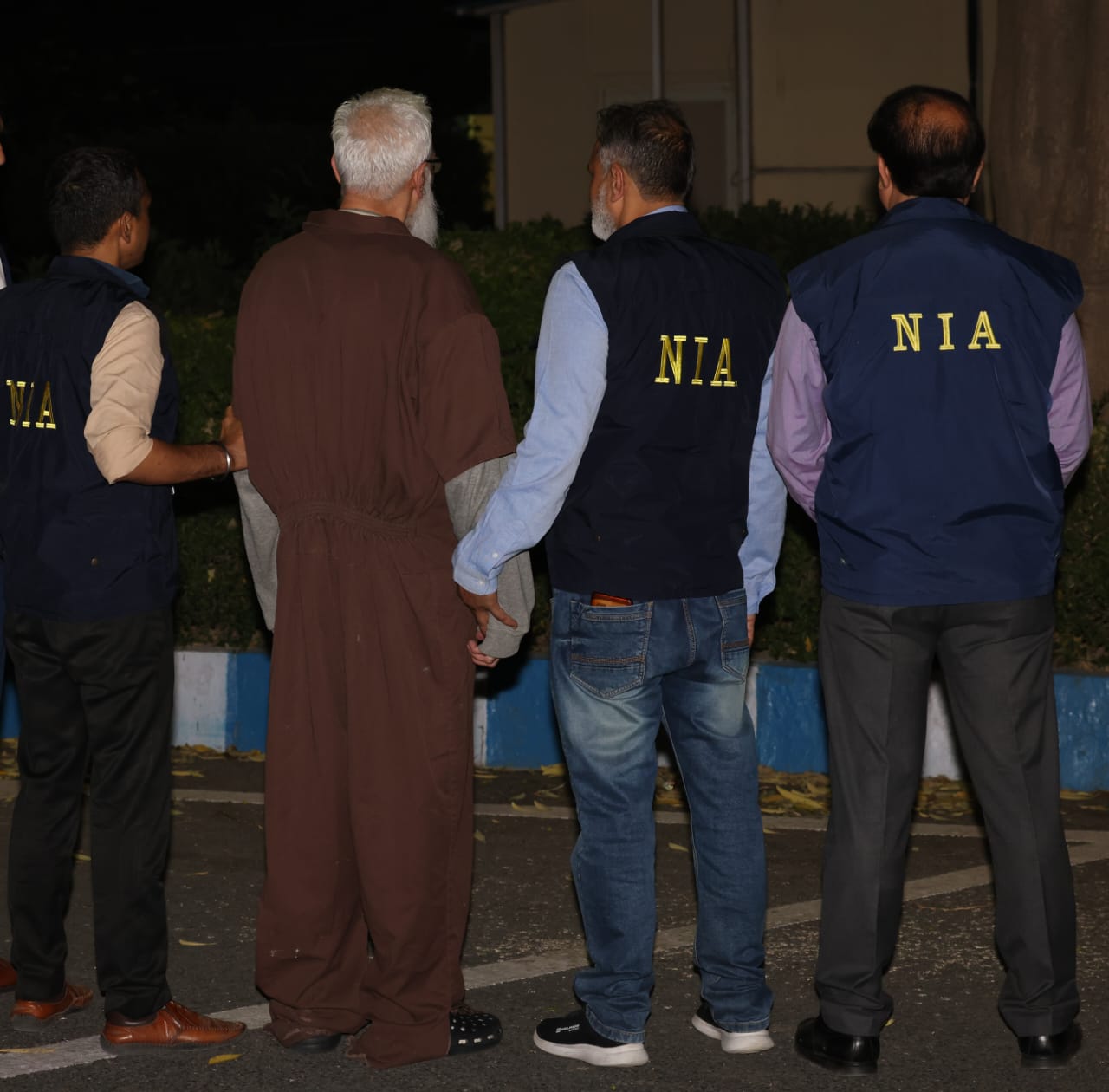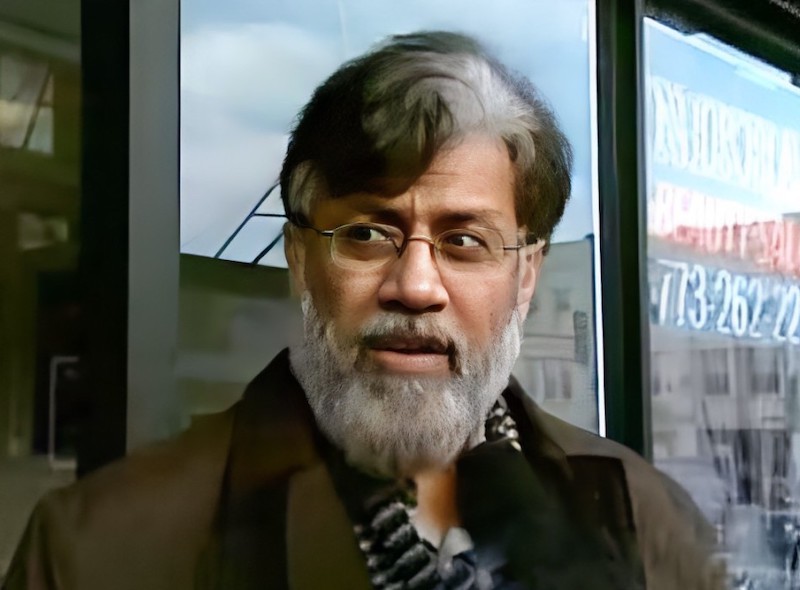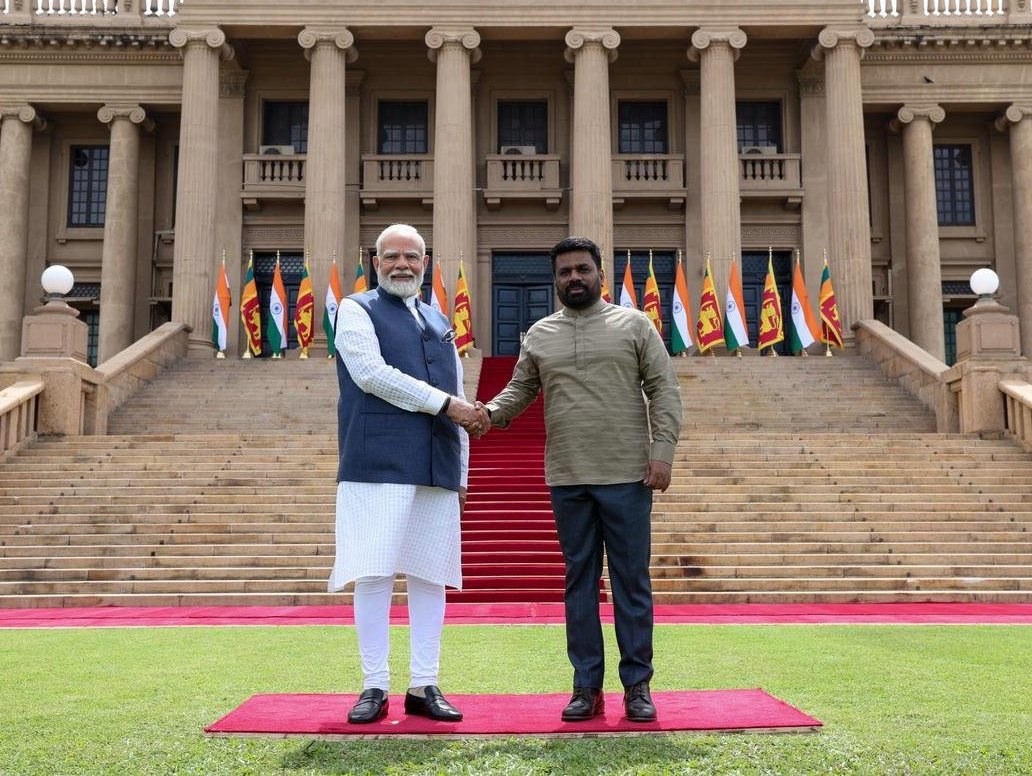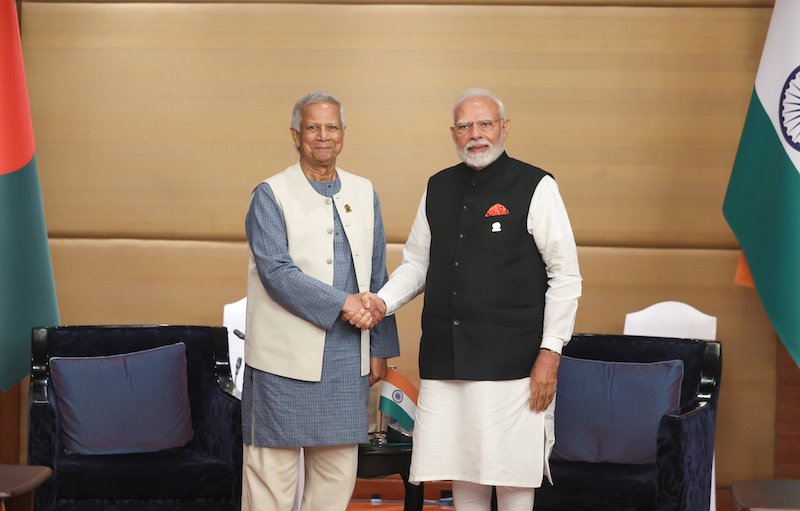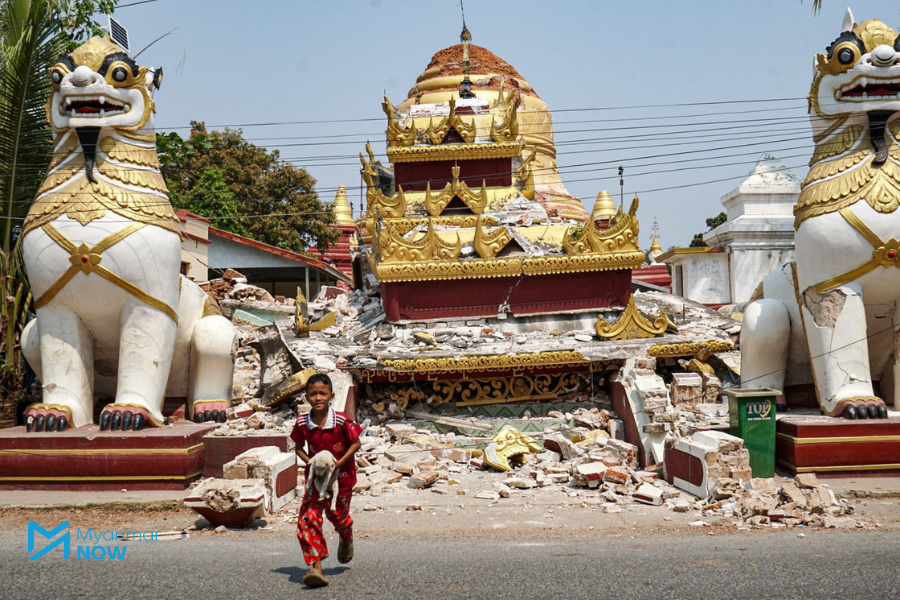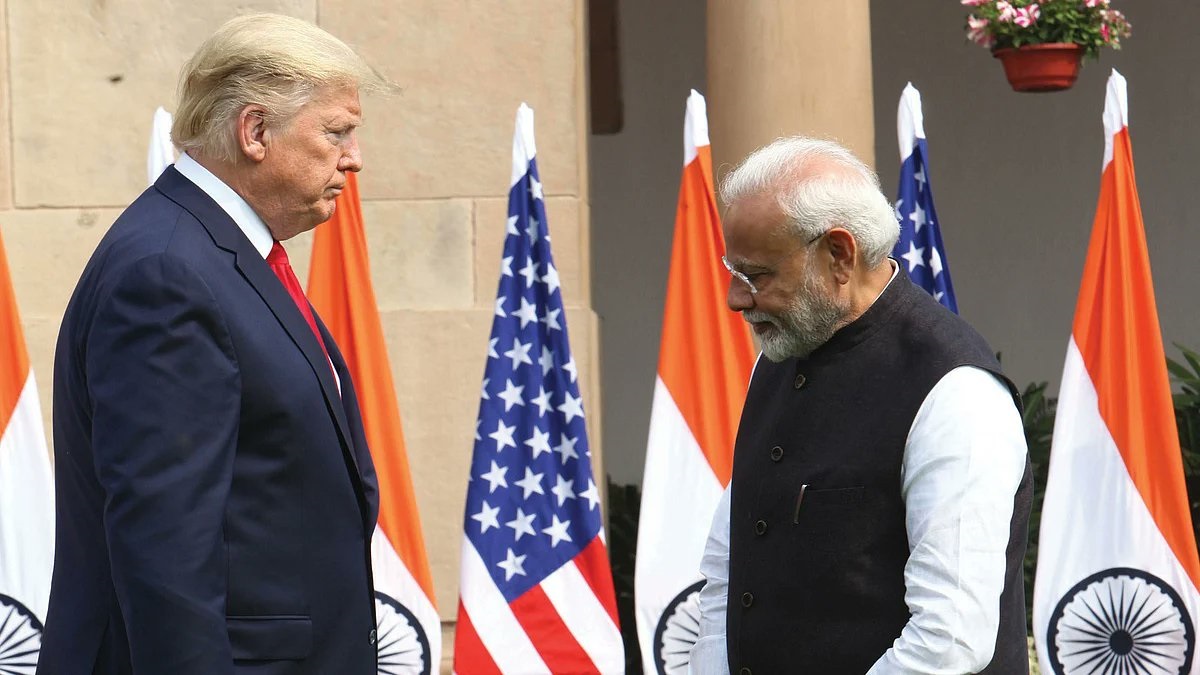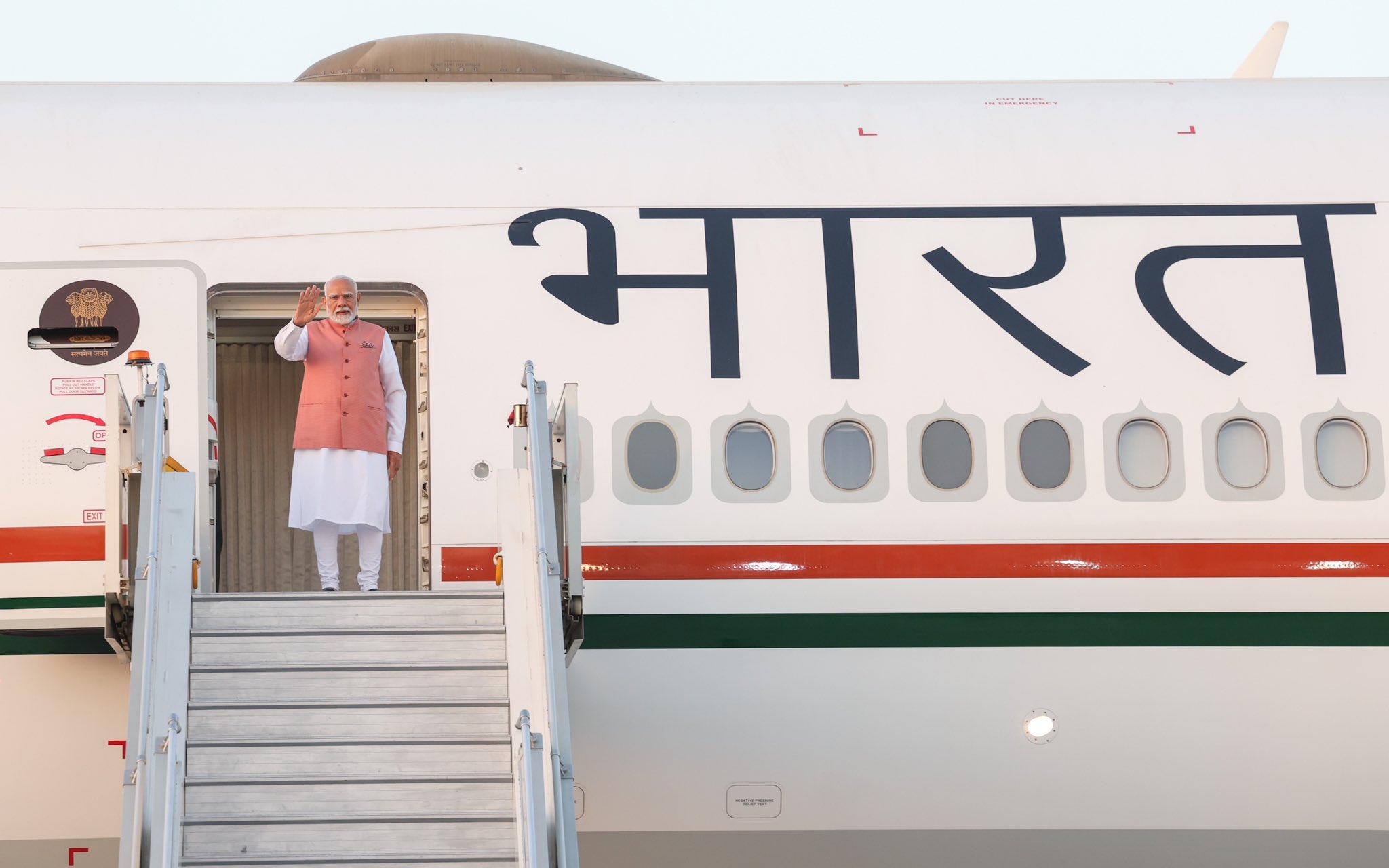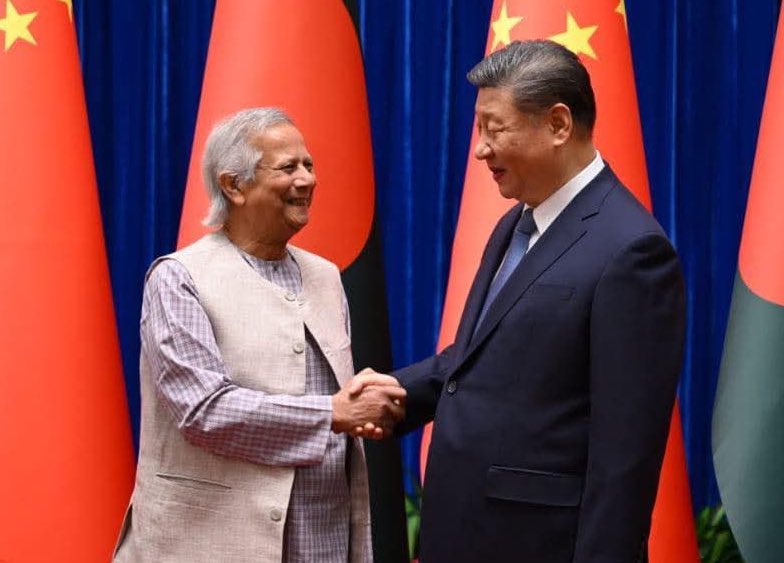 Dhaka: India on Monday assured Bangladesh that the process of updating the National Register of Citizens (NRC) in Assam which shares its border with Bangladesh is entirely internal to the country and will have no implications for the government and people of Bangladesh.
Dhaka: India on Monday assured Bangladesh that the process of updating the National Register of Citizens (NRC) in Assam which shares its border with Bangladesh is entirely internal to the country and will have no implications for the government and people of Bangladesh.
Speaking at Bangladesh Institute for International Studies (BIISS) here, Foreign Secretary Harshvardhan Shringla said that as the closest of neighbours and with so many shared cultural trait, it is also inevitable that events in each other's countries create ripples across the border -- irrespective of irrespective of whether there is real justification for this.
“One recent example is the process of updating the NRC in Assam, which has taken place entirely at the direction and under the supervision of the Supreme Court of India. Let me clearly state here what our leadership has repeatedly confirmed at the highest level to the Government of Bangladesh: this is a process that is entirely internal to India. Therefore there will be no implications for the Government and people of Bangladesh. You have our assurance on that count,'' he said.
Mr Shringla is in Dhaka on a two-day visit to Bangladesh to prepare the ground for the forthcoming visit of Prime Minister Narendra Modi this mid-month to attend the inauguration of the birth centenary celebrations of Bangabandhu Sheikh Mujibur Rahman who had led the country's liberation war. It will be Prime Minister Modi's second visit to Bangladesh.
The Foreign Secretary dwelt upon a range of subjects in his elaborate address ranging from the thorny issue of sharing of river waters to trade and connectivity, energy ties, infrastructure and culture.
Referring to the humanitarian crisis in Rakhine State of Myanmar, and its impact upon Bangladesh, the Foreign Secretary said that India is deeply appreciative of the spirit of humanism that motivated Bangladesh to offer shelter to nearly one million displaced people.
“And we fully recognize and sympathize with the enormous burden that you are facing. As the only country that is an actual neighbour of both Bangladesh and Myanmar, we are committed to offering the fullest support for any mutually-acceptable solution that will enable the earliest possible return of displaced persons to their homes in Rakhine State and to a life of dignity. This should be done in a manner that is safe, secure and sustainable,'' he said.
Mr. Shringla pointed out that India has provided five tranches of aid to the camps in Cox’s Bazar area through the Government of Bangladesh, and is prepared to do more. India is also investing in the socio-economic development of the Rakhine area, including housing, so that there is an incentive not only for people to return, but for all communities to focus on cooperative solutions for economic development, rather than compete for limited resources, he said.
He stressed that there is no difference between India and Bangladesh on the way forward in addressing this major humanitarian problem.
He suggested that diverse stakeholders should be encouraged to lower the rhetoric and find practical and pragmatic solutions, bearing in mind that the priority is finding a fair and dignified humanitarian outcome.
Recalling his long association with Bangladesh and his tenure as India's High Commissioner in Dhaka, Mr. Shringla said India was looking forward to Prime Minister Modi's visit to Dhaka because of the priority the Prime Minister attaches to this relationship, and even more so, because Bangabandhu is just so iconic – as a globally-recognized statesman and iconic symbol of liberation for Bangladesh and for our subcontinent.
Describing Bangabandhu as “a man of letters, a man of action, courage and conviction, and most of all, a true hero,'' who brought forth a nation, Mr. Shringla said that Sheikh Mujibur Rahman is India's national hero too.
“We are honoured to be part of the celebrations, including through the joint production of a special feature film on the life of Bangabandhu,'' he said.
Stating that Bangladesh came first in India's “Neighbourhood First'' policy, Mr. Shringla said the two countries are joined by shared waters, the same cherished soil and by our fraternal ties.
"It is inevitable that our partnership builds upon the deepest commonalities. And it is inconceivable to even contemplate anything else. Often, we tend to lose sight of these larger realities, especially in the noise and clamour of the immediate, and in the minutiae of the moment. But for those of us who are in the business of policy-making, there is little doubt about the abiding reality that we in India will always seek the closest possible ties with Bangladesh,'' he said.
He said it is in India's national interest to fully support Dhaka's efforts to build a strong, prosperous, progressive, peaceful and harmonious Bangladesh; to build a nation that stays true to the extraordinarily far-sighted vision of Bangabandhu. “Today it is Bangladesh that is leading Asia's development race, a miraculous achievement that merits every word of praise,'' he added.
The Foreign Secretary said that India and Bangladesh hae resolved many issues through a consistent and focussed effort -- identifying and eliminating obstacles in their partnership without finding fault or apportioning blame.
“In sum, we have worked to find quick, practical and practicable solutions,'' he said.
He pointed out that problems of borders and land exchanges between the two neighbours have been resolved with maturity, grace and sophistication, making it a model for other countries. Today, Bangladesh has become India's largest development partner in the world; largest trade partner in the region; and enjoys most extensive and integrated Government-to-Government relationship, he said.
“Over 75 separate dialogue mechanisms connect our Governments and people in an effort to build the strongest possible framework for a permanent partnership. At the level of people to people ties, our largest visa operation anywhere in the world is in Bangladesh, and our Bangladeshi friends constitute the largest number of tourist arrivals – by far – in India,'' he said.
Referring to increased connectivity to facilitate movement overland, Mr. Shringla said that all six pre-1965 era railway crossings are likely to be completely restored in 2021. “The establishment of end-to-end immigration services and customs arrangements has enabled the Maitree and Bandhan trains to become enormously popular connections between Kolkata and Dhaka, and Kolkata and Khulna respectively. We look forward to working together to consider starting new services as well,'' he said.
India is also working more closely to simplify and expand trade, he said, as easier and simpler trading systems give more scope to generate wealth and create jobs on both sides.
Citing the example where India and Bangladesh could do much more is in the management of shared river waters, the Foreign Secretary admitted that it was a sensitive issue in both the countries, given that both are densely-populated societies with extensive needs and dependence on life-giving rivers.
“It is self-evident that good arrangements to share the waters of the 54 rivers that unite us in a manner that is fair and environmentally sustainable lies in our broader national interests,'' he said.
He assured that India remains committed to finding the best possible solutions to sharing scarcities and hardships fairly during the dry season and to improving water management.
On defence partnership, Mr Shringla said that India is willing to share with Bangladesh all military hardware being manufactured in India for use by India's military.
“We also welcome the opportunity for our officers to train at your premier military institutions, just as we are ready to open military training institutes at all levels – from officer cadet training to specialized higher command training – to Bangladesh,'' he said.

